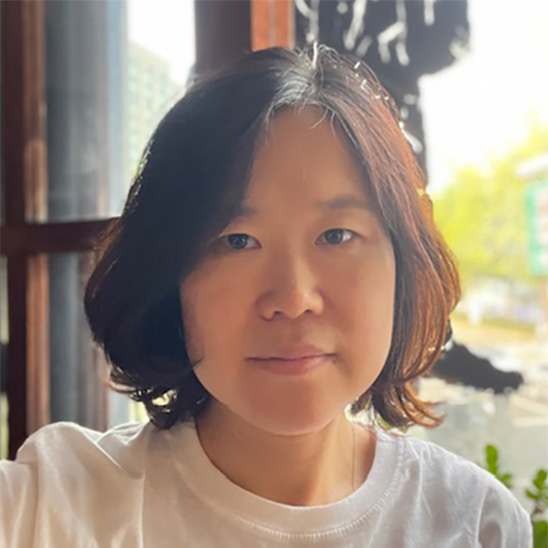
Yasmin Cho (she/her) is an Earl S. Johnson Lecturer in Anthropology in MAPSS. She holds a PhD in Cultural Anthropology from Duke University. Before joining MAPSS, she was a postdoctoral researcher at Columbia University and a Marie Skłodowska-Curie Fellow at the University of Copenhagen.
Dr. Cho’s research interests include materiality, infrastructure, technology, ethnic politics, migration, gender, and anthropology of religion, as well as social theory and ethnography. Her areas of focus are China, Tibet, and sub-Saharan regions of Africa where China’s transnational presence is growing. Her work is dedicated to understanding, from an anthropological perspective, the role of materiality (including technology and infrastructure) in religious movements, with a special focus on gender politics and the formation of political subjectivity in ethnic minority groups. Her first book, Politics of Tranquility: The Material and Mundane Lives of Buddhist Nuns in Post-Mao Tibet, forthcoming from Cornell University Press, explores the intersections of material practices, gender, and religious revivalism through the lives of Tibetan Buddhist nuns in post-Mao China and reveals the unexpected political outcomes of the nuns’ lives and practices within a restrictive political context.
Since 2021, Dr. Cho has been focusing on a Chinese-supported Buddhist NGO and its school-building activities in sub-Saharan African countries and recently completed two and a half years of field research in Namibia (including a few months in Madagascar). Her forthcoming article, “Mooring Buddhism: Infrastructure and Chinese School Building in Central Namibia,” in The Copenhagen Journal of Asian Studies reflects her most recent ethnographic work in Namibia and explores how Buddhism has become a form of infrastructure that supports China’s growing presence on the African continent. Her other publications have appeared in the Journal of Religious Ethics, Modern Asian Studies, and the edited volume Frontier Tibet: Patterns of Change in the Sino-Tibetan Borderlands.

Professor Gates has earned international acclaim for a practice that traverses multiple media and genres, primarily focusing on sculpture and ceramics but also encompassing architecture, music, performance, fashion and design. Trained as a sculptor and urban planner, Gates has been influenced by Japanese craft and culture over the past 20 years. He first traveled to in 2004 Japan to study ceramics in Tokoname, Aichi Prefecture. His deep encounters in Japan and across the Asia-Pacific, coupled with his experiences as an African-American man with roots in Mississippi and Chicago have been the keystones of his creative process. Gates, who has explored cultural hybridity over the course of his practice, coined the term “Afro-Mingei,” his unique conceptual framework fusing the philosophies of the Japanese Mingei Movement and the aesthetics of the “Black Is Beautiful” cultural movement that played a significant part in the American Civil Rights Movement (1954-1968). Theaster Gates: Afro-Mingei was Gates’ first solo exhibition in Japan and largest-ever in Asia, with the speculative proposition of “Afro-Mingei” placed as the central backbone of the presentation. This exhibition showcased major bodies of existing and never-before-seen work that demonstrate the influence of Japanese culture on his practice.
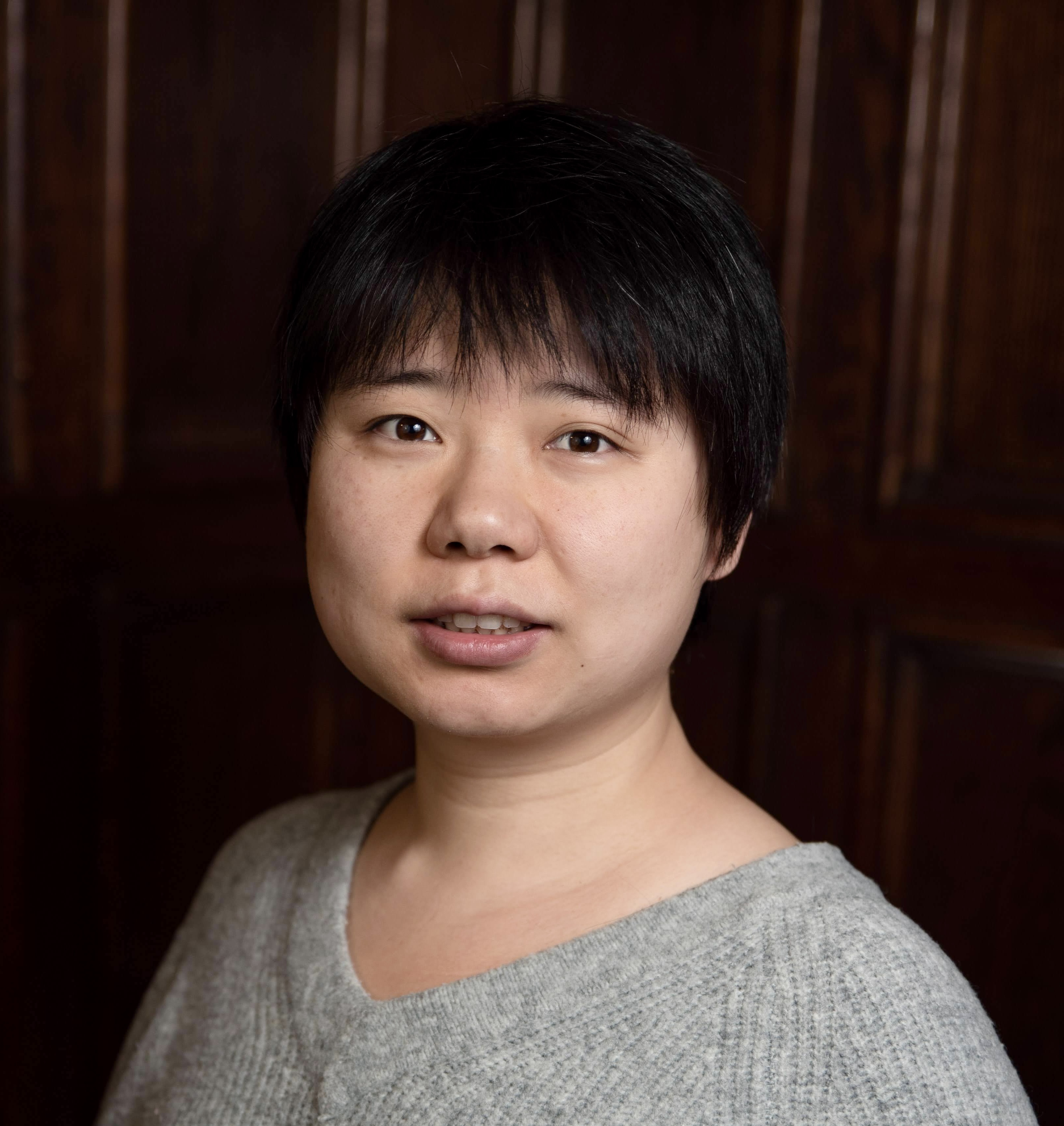
王悠 Wáng Yōu (she/they) is an economic and environmental historian of early modern and modern China. Her current book project, Crafting the Waterscape: Environmental Governance and Rural Communities of the Lower Yangzi Delta, 1500-1850, examines the everyday interactions of village women and men with water- and landscapes in China's economic center through hydraulic institutions, agricultural knowledge production, and a gendered labor regime. She is also interested in continuing exploring the intertwinement of the environment, gender, and the market through the lens of vernacular religion and global trade.
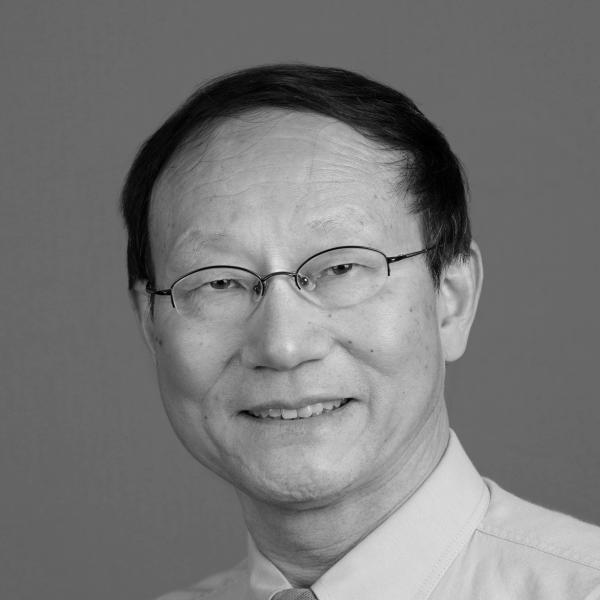
Dr. Chun-Su Yuan is a recognized expert in herbal medicine, and is actively researching the benefits and adverse effects of commonly used herbal medicines. Dr. Yuan has published numerous scientific articles, including more than 100 papers on herbal research. In addition, he is the primary Editor of the Textbook of Complementary and Alternative Medicine (1st & 2nd editions) and he serves the Editor-in-Chief of The American Journal of Chinese Medicine.
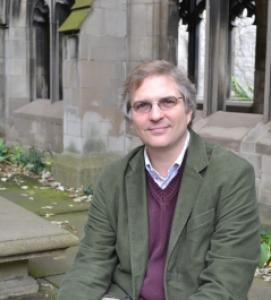
Christian Wedemeyer is an historian of religions whose interests comprehend theory and method in the human sciences, the history of modern scholarship on religion and culture, and issues of history, textuality, and ritual in the Buddhist traditions. Within these very general domains, much of his research has concerned the esoteric (Tantric) Buddhism of India and Tibet.
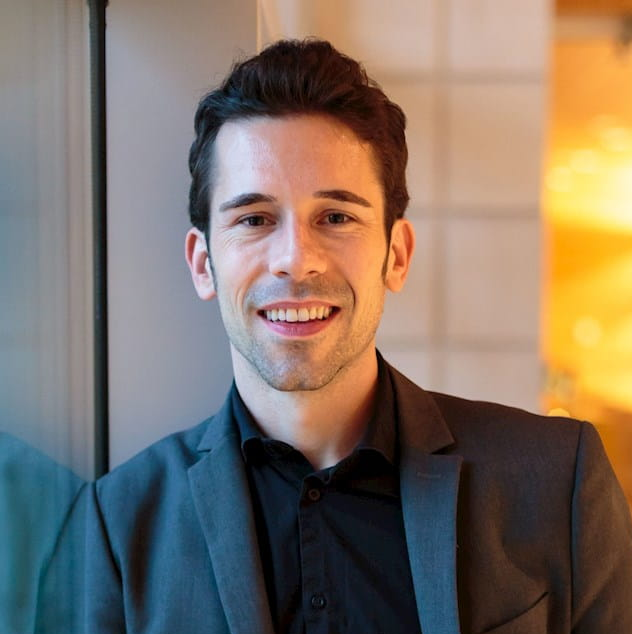
Professor Talhelm studies how culture affects the way we behave. He studies how rice and wheat agriculture have given northern and southern China two very different cultures, even influencing whether people move chairs in Starbucks. His research also finds that liberal culture in the US is more individualistic and that getting people to think more analytically increases support for liberal social policies, whereas thinking holistically increases support for conservative policies.
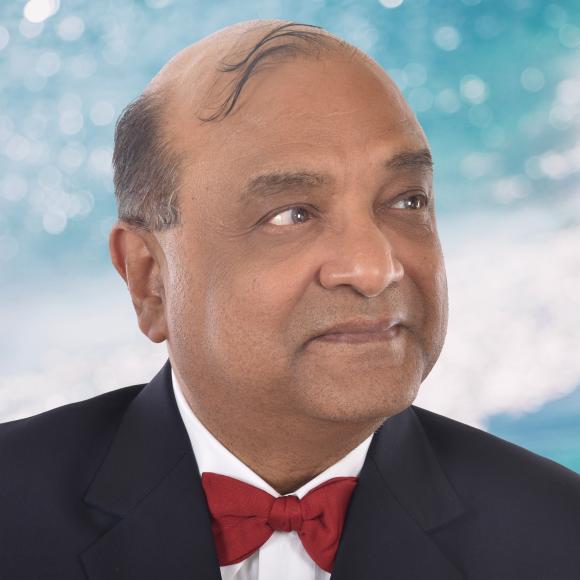
Prof. Sah has previously held faculty positions, in business, economics, and public policy at the Massachusetts Institute of Technology, Princeton University, the University of Pennsylvania, and Yale University. Among the honorary positions that he has held are at the Indian Institute of Management Ahmedabad, where he presently is Distinguished Fellow, and at the Ministry of Finance Japan.
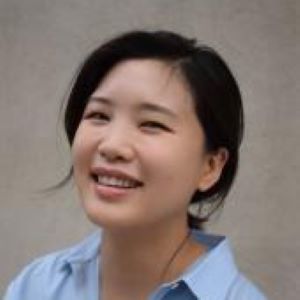
Professor Mee-Ju Ro's research focuses on Asian American literatures, more specifically transpacific women's writings. She also works with Korean texts and their English translations. Both her research and teaching engage with women's writing, race & gender studies, translation theory, performance, and frames that disarticulate national paradigms.

Graeme Reynolds is a cultural and intellectual historian of early modern Korea with interests in the production and circulation of knowledge, the history of the book, and historiography.
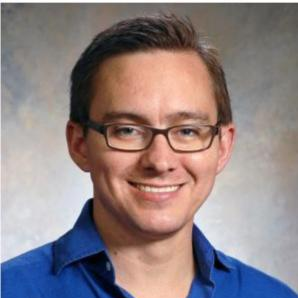
A historian of the Iranian world in late antiquity, ca. 200–800 CE, Payne's research focuses primarily on the dynamics of Iranian imperialism, specifically how the Iranian (or Sasanian) Empire successfully integrated socially, culturally, and geographically disparate populations from Arabia to Afghanistan into enduring political networks and institutions. Also Professor Payne is deeply committeed to exploring the entanglements of the regions with East Asia, especially within and via Inner Asian contexts.